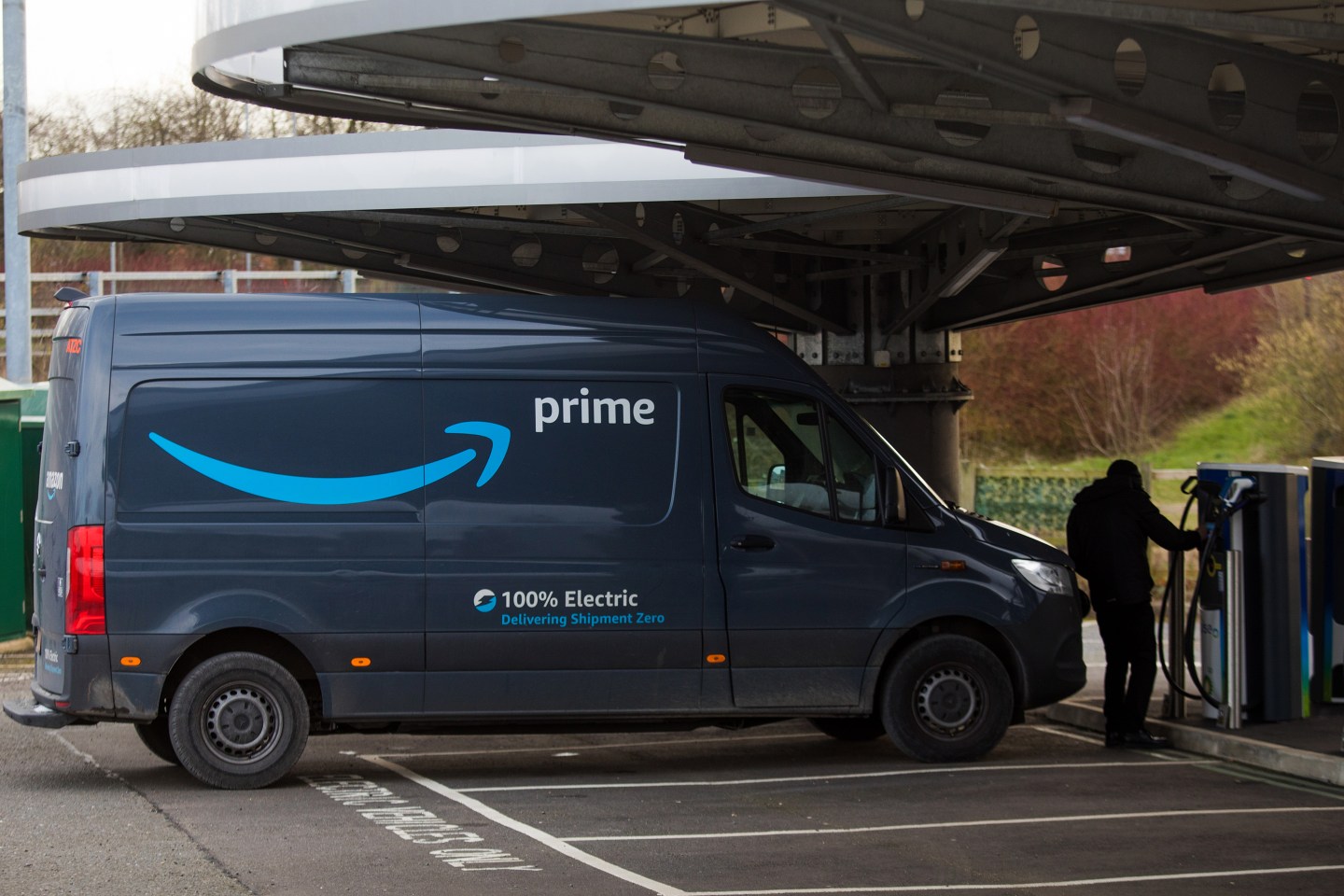On Friday, the U.S. officially rejoined the Paris Agreement, the ambitious global accord to combat the worst effects of climate change. It is an important moment that re-establishes our country’s leadership in responding to the climate crisis—but it is only an initial step.
Antarctic ice sheets are already melting 70% faster than predicted, oceans are warming 40% faster than predicted, and the world is experiencing above-average temperatures. Successive wildfires up and down the Pacific Coast—including in Seattle, where I live—are affecting communities with increased regularity. And thanks to climate change, it promises to become a yearly occurrence. There is no doubt: Climate change affects all of us, our businesses, and our communities.
Ironically, these escalating developments are why I believe we are at an encouraging inflection point. As the U.S. rejoins the Paris Agreement, companies in all sectors are starting to realize that fighting climate change is not only important for the environment, but it’s also essential from a business perspective. To protect the economy from the disruptive risks associated with climate change, at Amazon, we believe all companies have a role to play in ramping up their climate ambitions and invest in solutions to protect the economy.
We—like nearly all companies—of course have work to do to continue to reduce our overall carbon footprint and the carbon intensity of our operations, and we take that responsibility seriously. Amazon is a growing and complex organization operating across different types of businesses and geographies. And taking action is not only the right thing to do, it can also spur innovation that helps our business.
In response to climate science, we worked with Paris Agreement architect Christiana Figueres two years ago to co-found the Climate Pledge, which invites organizations to take urgent action. The pledge is a commitment to reach net-zero carbon emissions by 2040—10 years ahead of the Paris Agreement.
Climate change is too complex and important an issue to tackle alone. Companies need to collaborate with others, and the Climate Pledge brings together organizations that are prepared to run the furthest and fastest. So far more than 50 companies—including Unilever, Microsoft, Uber, IBM, Best Buy, Verizon, and JetBlue—have now signed on, and we are just getting started. By uniting to fight climate change, we send an important signal that it’s time to invest in the products and services pledge signatories will need to achieve net-zero carbon by 2040.
We also firmly believe real change can only come when there is scientific integrity behind every action. As part of our commitment, the climate science team at Amazon has created a comprehensive carbon accounting system. It measures the sources of carbon across businesses and provides that data to internal teams to empower them to remove carbon from their part of the business.
As a result, Amazon can identify where our investments can reduce carbon the fastest—from powering all operations with 100% renewable energy by 2025, five years ahead of the original target of 2030, to introducing sustainable modes of transportation, including over 100,000 electric delivery vehicles from Rivian and Mercedes-Benz.
We are committed to supporting the work of policymakers to help drive the transition to a net-zero economy. This includes everything from supporting clean energy to investing in low-carbon transportation, a sector that today represents the largest source of carbon emissions in the U.S. We want to help federal and state governments accelerate the transition to electric vehicles and more resilient infrastructure, invest in technology that will decarbonize freight trucks with the help of lower-carbon fuels, and support the deployment of sustainable fuel to reduce emissions from airplanes.
These efforts will drive job creation and improve local air quality across the country. Amazon is already creating green jobs through investments in renewable energy projects, electric vehicles, and sustainable buildings, and we look forward to generating more as we work toward net-zero carbon by 2040.
Working together will allow us to protect the planet for generations to come. We should take a moment to celebrate that the U.S. is back in the community of nations committed to addressing climate change. But we don’t have time to waste. Let’s get to work and build a future with a cleaner, more sustainable planet.
Kara Hurst is vice president of worldwide sustainability at Amazon.












